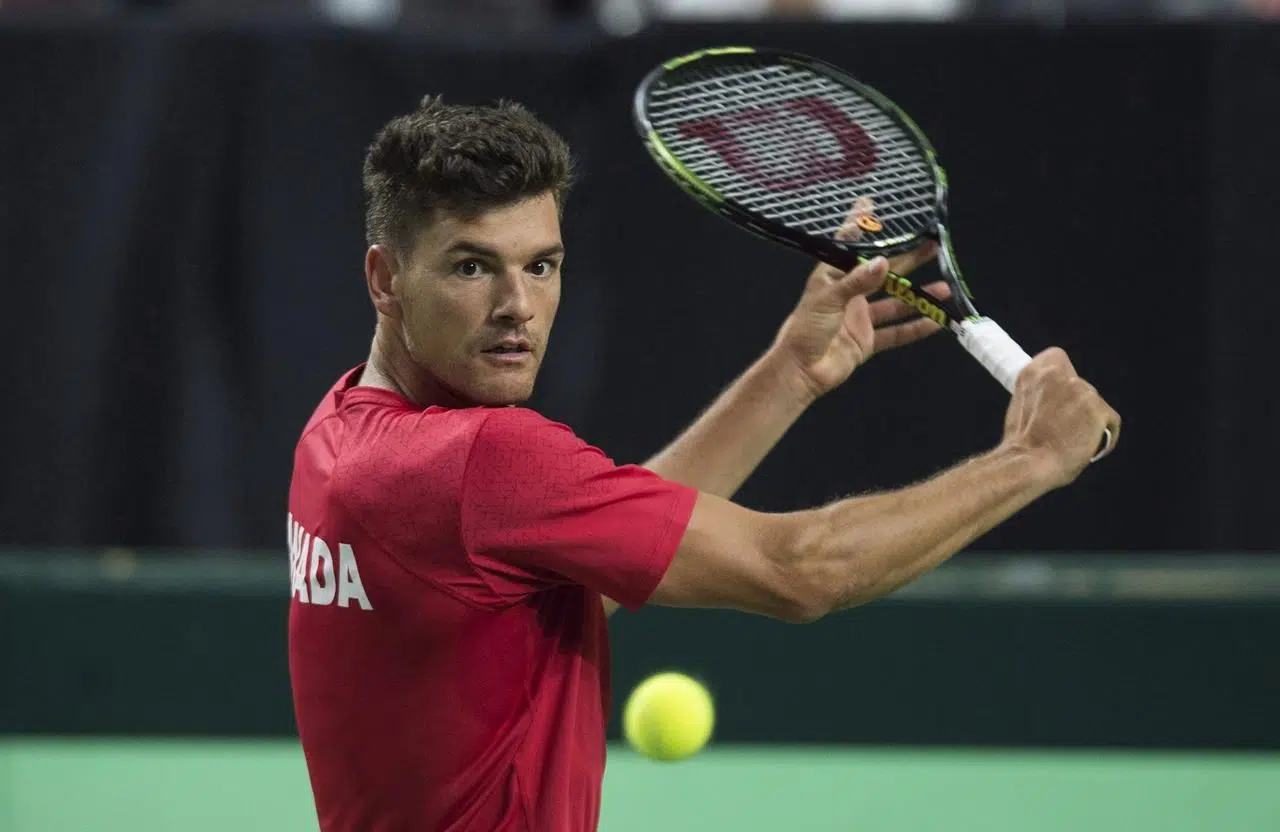
Next Stop Madrid: Canada seeded 13th for Davis Cup Finals after key road win
Canada captain Frank Dancevic said his team remained focused on a three-pronged motto to help lock down a berth in the Davis Cup Finals.
Don’t show any weakness to the opponent. Stick together like brothers. Pull each other through the tough times.
The plan worked in a dramatic 3-2 qualifier victory over Slovakia. The focus now turns to replicating that effort in November when 18 countries vie for the title in Madrid.
“Even though we were down and things didn’t look great at certain moments, the guys had a great head on their shoulders,” Dancevic said Monday from Serbia. “They kept a great attitude through the weekend. That was one of the factors, one of the main reasons why we got through.


